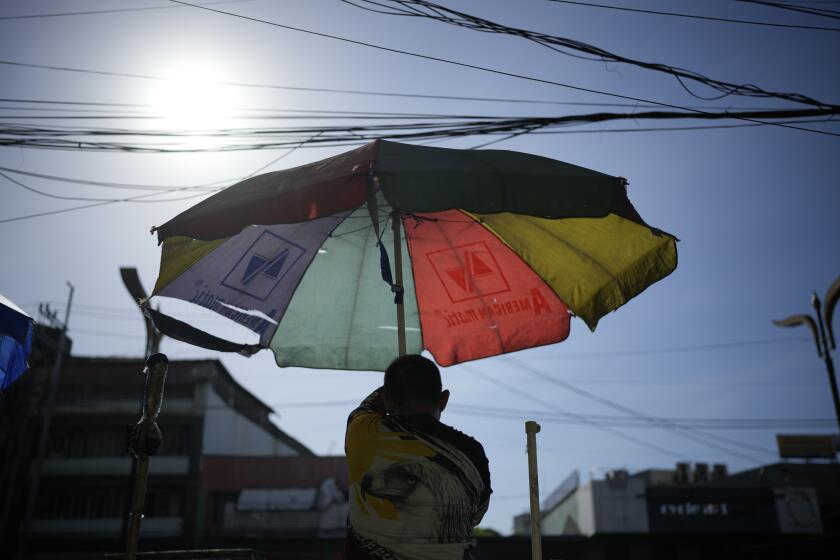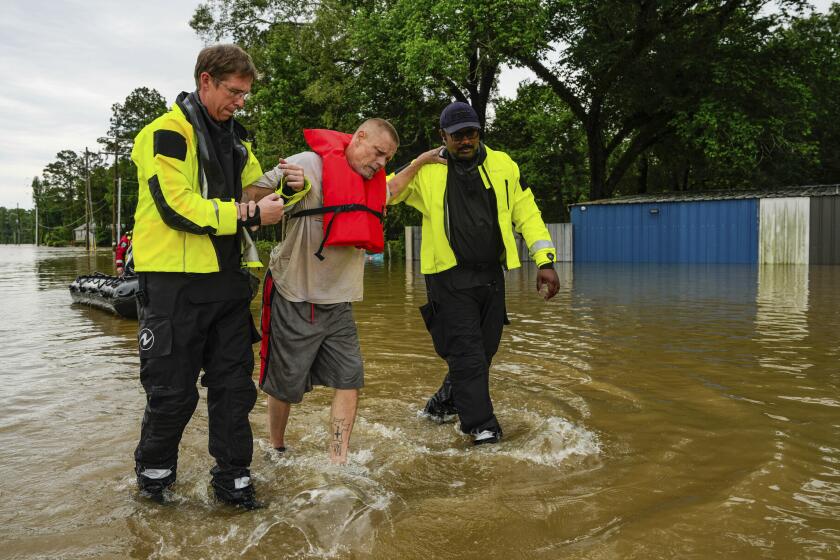Today’s question: Fear of crime has prompted...
Today’s question: Fear of crime has prompted some business owners, especially those run by women, to lock their doors during business hours and screen customers. Is it ethical for businesses, open to the public, to screen customers? Is there a standard that should apply?
Sharon Presley
Executive director, Resources for Independent Thinking, Oakland
The current climate presents a distressing no-win situation. There is no good answer. Screening customers means judging on the basis of superficial characteristics, thus opening the door for discrimination; not screening puts people in danger. Safety ultimately is the paramount value. Businesses have the right to protect employees and (if they don’t have government contracts) the right to choose customers. The State cannot demand that owners put lives in danger while outlawing means of private protection and failing to provide adequate public protection. What are the alternatives? Increase community cooperation, allow private protection, including guns; deal with the social and political causes of crime (e.g., poverty and prejudice, insane anti-drug laws that create crime.)
Compiled by K. CONNIE KANG / Times staff writer
The Rev. Tom Choi
Pastor, Los Angeles Korean United Methodist Church
It is ethically wrong to screen and reject customers in the situation described. There is, however, the deeper issue of merchant fear and the probable anger and humiliation of a screened and rejected customer. This is a spiritual problem, and spirituality has always been a matter of relationship. A broken and/or superficial relationship--at the human and divine levels--is the root of the problem. Our communities must take this seriously and begin utilizing our religious, community and personal resources to restore and strengthen relationships at all levels--so that fear can evolve into trust, anger and humiliation can evolve into peace and dignity, hopelessness can evolve into hopefulness.
Karen Baker-Fletcher
Associate professor of theology and culture, School of Theology at Claremont
Crime is a serious problem and I am sensitive to women’s vulnerability. However, I question the ethics of using buzzer systems to screen customers. What does a dangerous person look like? What does a safe person look like? The best disguise is that of a “nice guy” or businessperson, one that perpetrators often use. While the stereotype of criminals has been racialized to assume they are predominantly ethnic, white criminals who seem “nice” predominate. Oprah Winfrey was once refused entry by a fine clothing store because she did not fit the establishment’s image of an honest customer. Buzzer systems rely on guesswork rather than actual knowledge. Investing in a security guard offers more genuine safety.
More to Read
Start your day right
Sign up for Essential California for news, features and recommendations from the L.A. Times and beyond in your inbox six days a week.
You may occasionally receive promotional content from the Los Angeles Times.






